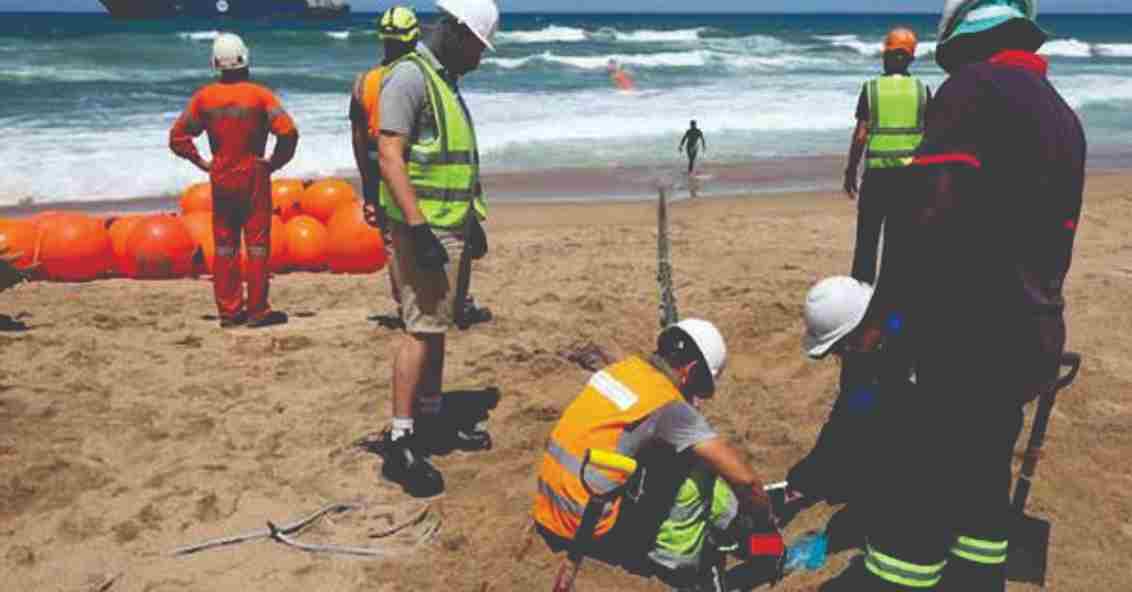Meta to Lay Undersea Cable Connecting Five Continents
In response to rising concerns, NATO initiated patrols of the Baltic Sea earlier this year after suspected attacks on telecom and power cables, potentially linked to Russia.

Meta, the parent company of Facebook and Instagram, has announced plans to install an undersea cable connecting the US, South Africa, India, Brazil, and other regions, aimed at supporting global data transfer, including the growing demands of artificial intelligence.
The cable will span over 50,000 kilometers (31,000 miles), further expanding the network of undersea cables that currently totals approximately 1.2 million kilometers, as reported by the US-based Centre for Strategic and International Studies (CSIS) in 2024.
While specialist companies like SubCom, ASN, NEC, and HMN have historically dominated subsea cable operations, digital giants like Meta are increasingly entering this space.
Meta’s initiative will enhance the reliability and speed of data flow, essential for AI innovation, which demands massive amounts of data.
Despite the critical role these cables play in global communications, they are prone to accidental damage from natural events like underwater landslides and tsunamis, as well as deliberate acts of sabotage.
In response to rising concerns, NATO initiated patrols of the Baltic Sea earlier this year after suspected attacks on telecom and power cables, potentially linked to Russia.
Meta’s “Project Waterworth” promises to be a multi-billion-dollar, multi-year investment designed to boost the connectivity needed for the next generation of AI technology and other digital advancements.
